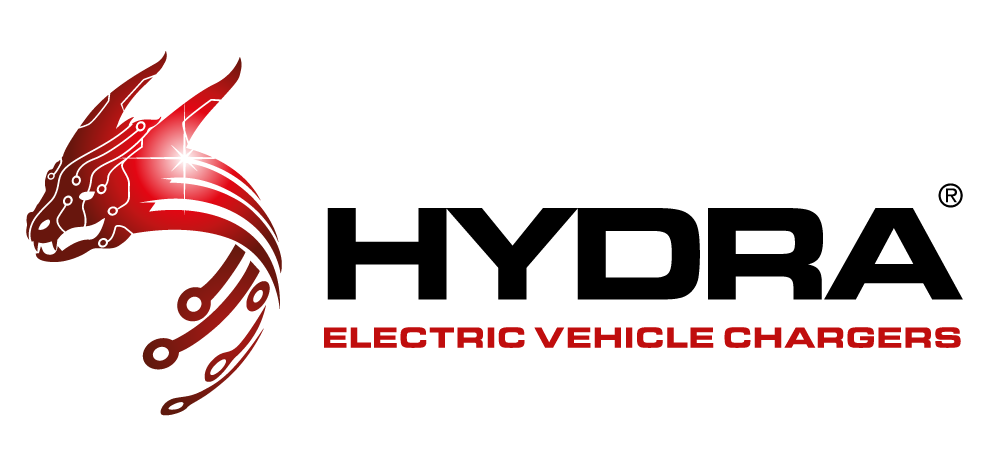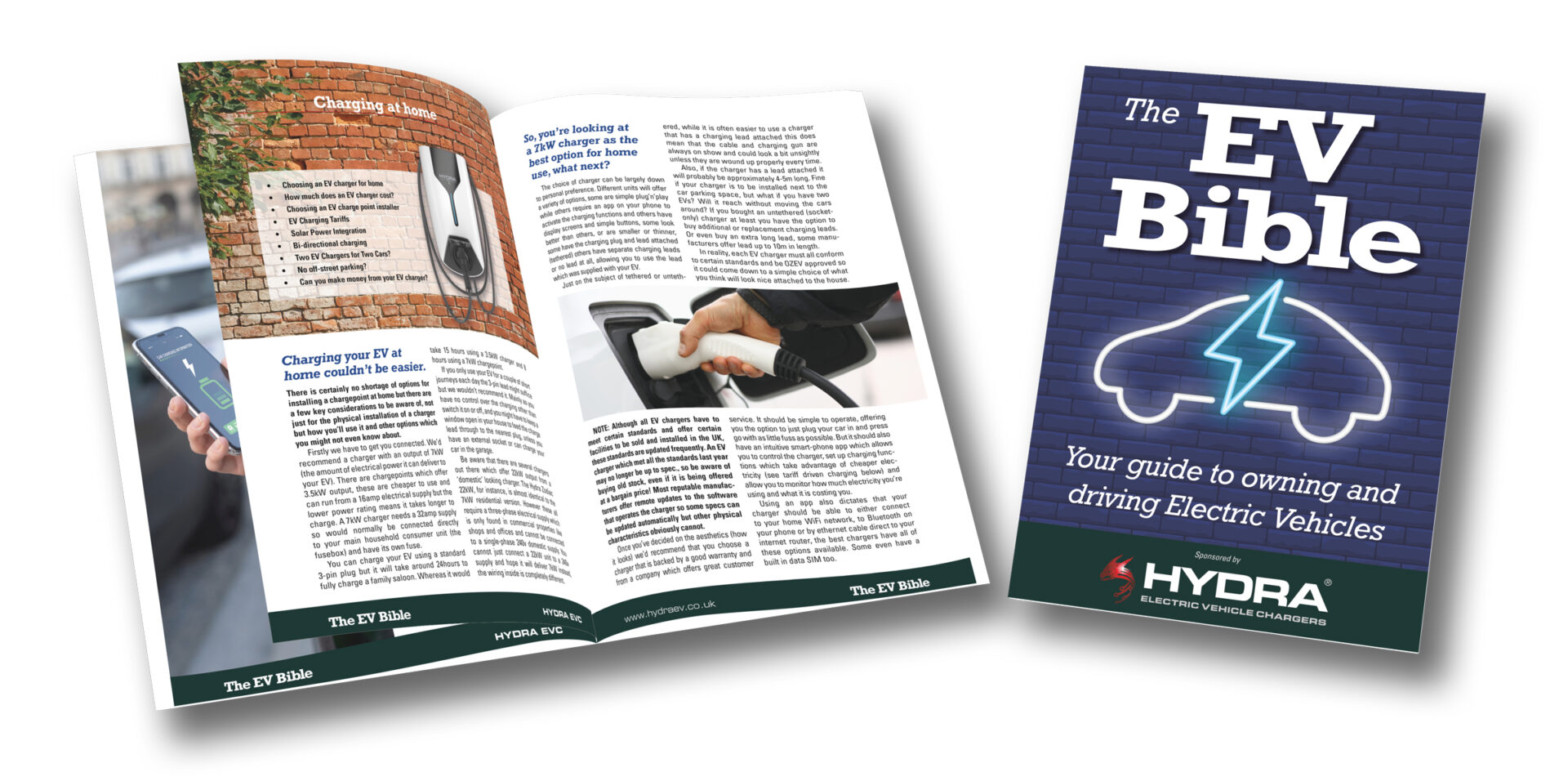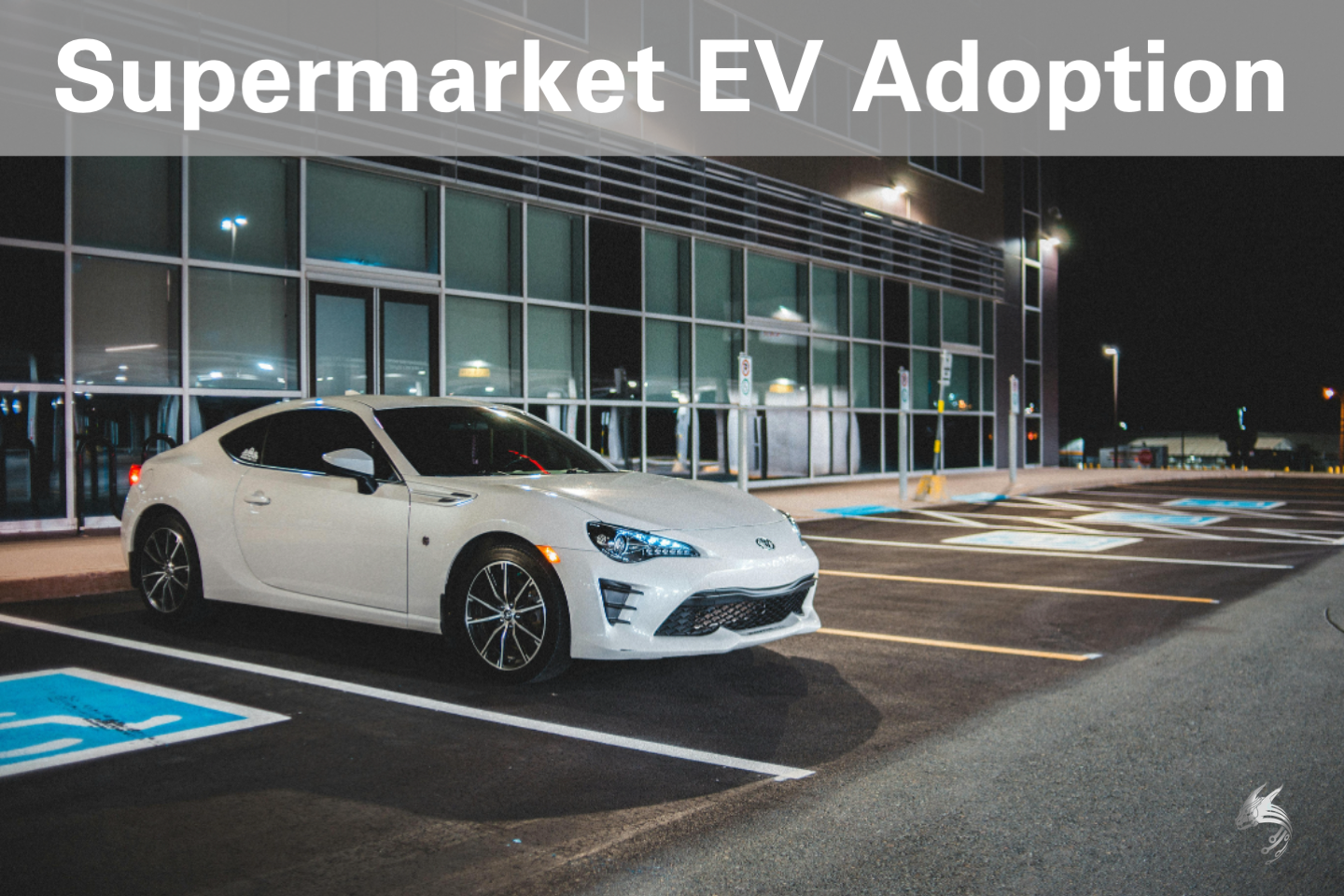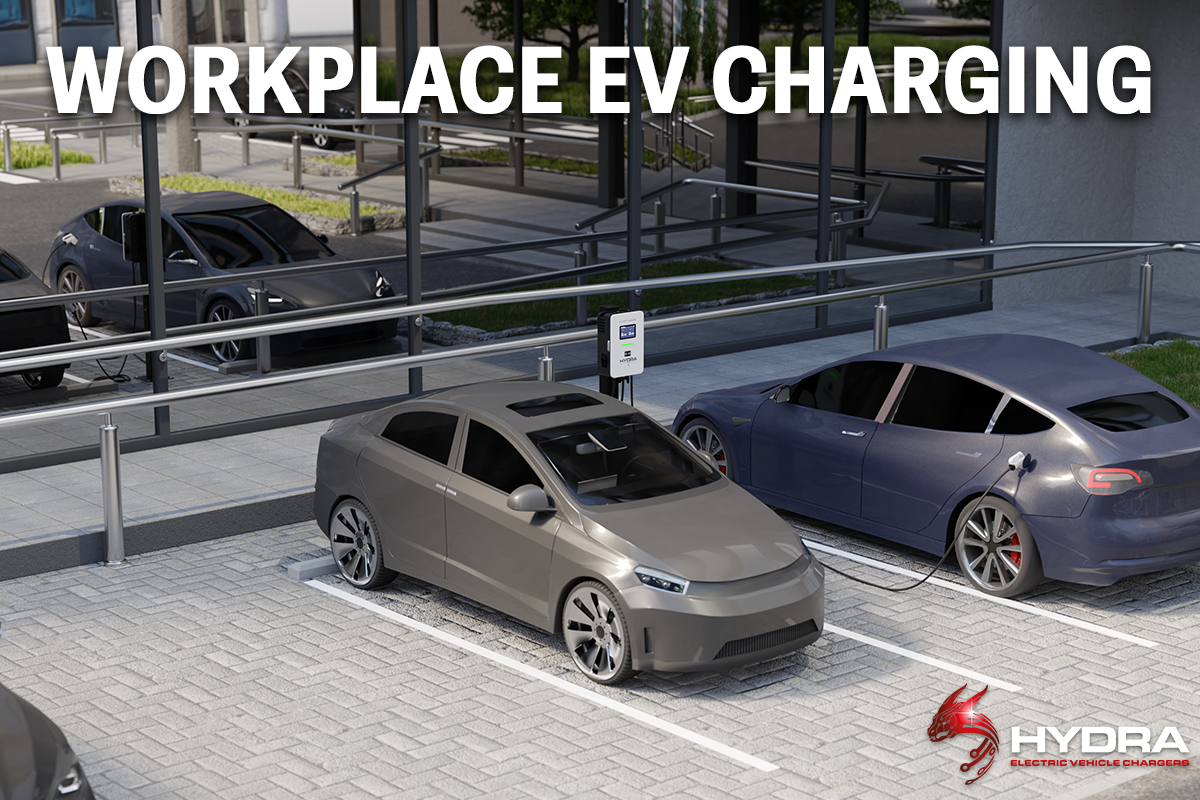Selecting the right DC (Direct Current) charger for an HGV (Heavy Goods Vehicle) dealership involves carefully considering several key factors to ensure that the charging infrastructure meets the specific needs of your dealership and the HGVs you intend to service. Here’s what to look for when choosing a DC charger:
⚡️Charging Speed and Power Output: The charging power, often measured in kilowatts (kW), is crucial for HGVs, which typically require higher charging power due to their larger batteries. Look for a DC charger with sufficient power output to charge HGVs quickly and efficiently. Some HGVs may require 100 kW or more for rapid charging, such as the Hydra Medusa or Hydra Goliath.
⚡️Compatibility: Ensure that the DC charger is compatible with your region’s charging standards commonly used by HGVs. This typically includes CCS (Combined Charging System) and CHAdeMO connectors in the UK. Having both connector types can increase the charger’s versatility.
⚡️Number of Connectors: Consider the charger’s number of connectors or charging ports. Having multiple connectors can allow for simultaneous charging of multiple HGVs, improving the efficiency of your dealership’s operations.
⚡️Scalability: Evaluate whether the charger can be expanded or upgraded to accommodate future growth in your HGV fleet or charging demand. Scalability is essential for long-term planning.
⚡️Reliability and Durability: Choose a charger from a reputable manufacturer that produces reliable and durable charging equipment. HGV charging infrastructure should be robust and able to withstand frequent use.
⚡️User Interface and Accessibility: Ensure the charger has an intuitive user interface for drivers and maintenance personnel. Clear and easy-to-understand instructions and interfaces can minimise user errors.
⚡️Remote Monitoring and Management: Look for a charger that offers remote monitoring and management capabilities such as the Hydra Nexus platform. This allows you to track charging sessions, perform diagnostics, and address issues remotely, reducing downtime.
⚡️Integration with Back-Office Systems: Compatibility with fleet management systems, billing software, and other back-office systems is important for tracking usage, billing customers, and maintaining a seamless operational workflow.
⚡️Cost and Total Ownership Expenses: Consider the total cost of ownership, including the purchase price, installation costs, maintenance expenses, and any subscription fees for software or services. Evaluate the return on investment (ROI) over the charger’s lifespan.
⚡️Installation and Location: Assess the installation requirements and consider the optimal location for the charger on your dealership premises. Ensure that it complies with local regulations and standards.
⚡️Warranty and Support: Verify the warranty coverage offered by the manufacturer and the availability of technical support. A strong support system can ensure quick resolution of any issues.
⚡️Safety Features: Look for safety features such as overcurrent protection, overvoltage protection, and thermal management to protect the charger and the connected vehicles.
⚡️Grid Connection: Ensure that the charger’s power requirements align with your dealership’s electrical infrastructure and can be integrated seamlessly with your existing electrical systems.
⚡️Local Regulations and Incentives: Be aware of any local regulations, codes, or incentives related to EV charging infrastructure that may affect your choice of charger or installation process.
Before making a final decision, consult with charging infrastructure experts or consider working with a reputable charging infrastructure provider who can assess your specific needs, recommend suitable solutions, and assist with installing and maintaining the charger. Additionally, check for any available grants or incentives that can help offset the costs of installing DC chargers for HGVs at your dealership.







